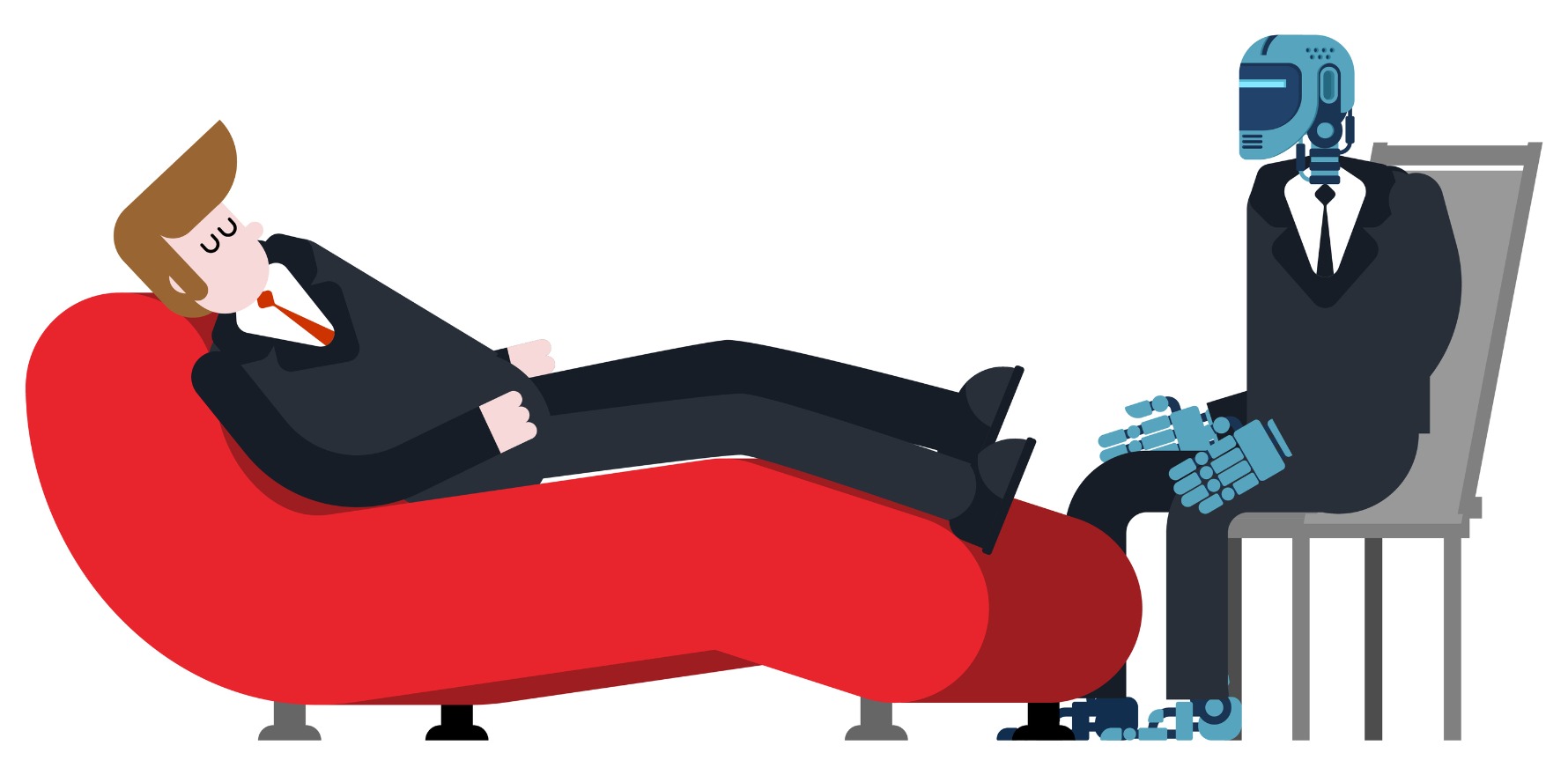Good news for patients. Disappointing news for the robot psychologist workforce.
Health Minister Mark Butler has promised the $588.5 million digital low intensity mental health service announced in the budget will be “delivered by humans”, but industry groups say they’ve been left with bigger questions.
The $588.5 million investment, which will be delivered over eight years, dwarfs the $30 million over four years for bulk-billing mental health walk-in clinics and the $71.7 million over four years for Primary Health Networks to build wraparound care.
But despite the mammoth funding, no one is entirely sure what the initiative will look like.
The only detail in the budget papers is that it will be “a national low intensity digital mental health service that is free of charge and free of need for referral”.
It’s set to serve around 150,000 people per year; for context, around 1.3 million Australians receive at least one session of subsidised psychological treatment via the existing Better Access program each year.
Mr Butler took to the airwaves on Thursday, when he revealed that the service will be targeted at people who “just need a bit of support to get back on the rails”.
“It will be largely online or over the phone and you’ll be able to access it either directly very easily or through your usual GP,” he told ABC Radio.
While he was tightlipped about where exactly the workforce to staff this new service would come from, Mr Butler was eager to make it clear that the program would not be run by artificial intelligence.
“We’ve got a bit of work to do to design it, to examine the workforce and to obviously put it out to a competitive tender for an organisation to deliver it, but it will be humans,” he said.
“There’s lots of interesting work being done in this space through AI around the world but this is a project that will be delivered by humans.”
But in the same interview, Mr Butler also implied that it would not be staffed by clinical psychologists.
“This system will provide easily accessible, free and early help to people who need it, but also free up our highly qualified clinical psychologists to focus more on people with more moderate to complex needs,” he said.
Related
Australian Association of Psychologists executive director Tegan Carrison told The Medical Republic that humans-only confirmation had not quelled uneasiness within the mental health sector.
“Even if people have been flagged as early intervention or lower acuity, you need trained health professionals to actually make that definitive decision,” she said.
“If these services are going to be staffed with students or low-qualified professionals, that creates massive amounts of risk.”
Ms Carrison’s main concern was that the government is attempting to quietly steer patients away from the Better Access program, which was the subject of a withering independent evaluation in 2022.
“It feels like some of these programs are in response to … the Better Access evaluation, but we still haven’t actually received the government response to that evaluation yet,” she said.
The AAPi executive was also confused as to why Mr Butler had so confidently ruled out AI being used as part of the digital system.
“AI is a little of a wild west at the moment, particularly when we’re thinking about it in the context of psychology and healthcare in general,” Ms Carrison said.
“But I certainly don’t think Mr Butler can go out and say that it will absolutely not be involved in any possible capacity, that doesn’t seem feasible to me.”





